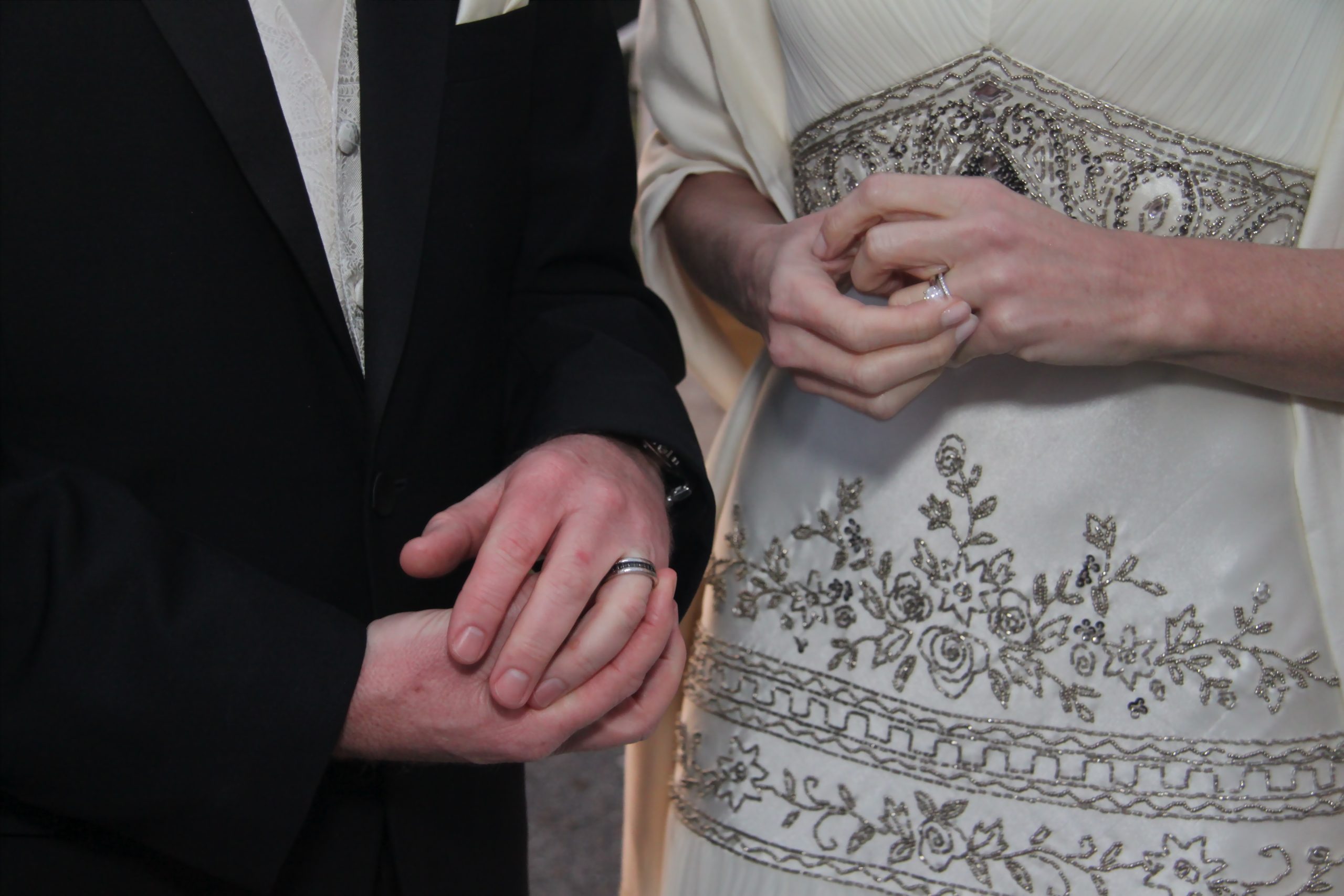 It is always tragic when a loved one passes away, especially when there are children are involved. Death benefits are part of the workers’ compensation system intended to help the surviving family members when someone passes away as a result of an on-the-job accident. However, with the evolving definition of a family, there can sometimes be complicated legal issues about who is entitled to recover death benefits. This case involves a claim from a supposedly unmarried romantic partner who had a child with the worker who died in an accident at work.
It is always tragic when a loved one passes away, especially when there are children are involved. Death benefits are part of the workers’ compensation system intended to help the surviving family members when someone passes away as a result of an on-the-job accident. However, with the evolving definition of a family, there can sometimes be complicated legal issues about who is entitled to recover death benefits. This case involves a claim from a supposedly unmarried romantic partner who had a child with the worker who died in an accident at work.
Travis Chiokai died as a result of an accident at work. When he died, Chiokai was unmarried. However, Chiokai had been in a romantic relationship with Latashia Perez. Perez filed a Disputed Claim for Compensation against Chiokai’s employer, Irby Construction, as well as their insurer, Old Republic. Perez sought death benefits for herself, as well as for her unborn child. Once the child was born, DNA testing was conducted that confirmed the child’s father was Chiokai. The child subsequently received death benefits.
Irby Construction and its insurer argued Perez should not received benefits under La. R.S. 23:1253, which defines dependents who are entitled to receive death benefits. The statute explicitly states that a concubine, such as Perez, is not entitled to receive death benefits. Irby Construction and its insurer filed an exception of no right or cause of action. The Workers’ Compensation Judge denied the motion.
Perez’s claim alleged Chiokai was killed in an on-the-job accident and claimed she and her child were entitled to receive death benefits. Irby Construction and its insurer denied Perez’s allegations. They later claimed Perez and Chiokai were never married, so Perez was not entitled to receive death benefits.
Perez claimed she was entitled to receive the difference between the death benefits owed to their child and the maximum workers’ compensation rate under La. R.S. 23:1232(8). She also claimed La. R.S. 23:1253 did not apply because their child was Chiokai’s daughter.
The appellate court noted there was no evidence presented at the hearing. In this case, Irby Construction and its insurer had the burden of proof for establishing Chiokai and Perez had not been married. Because Irby Construction and its insurer had not presented any evidence about whether Perez and Chiokai had ever been married, the appellate court could not consider whether Perez was entitled to receive death benefits, despite the wording of La. R.S. 23:1253 that stated concubines were not entitled to receive death benefits.
This case illustrates the importance of providing evidence to support your claim. If you do not provide evidence in support of your claim, then the court cannot consider the merits of your claim. A knowledgeable attorney can help you determine what evidence to present in support of your claim and advise you on what benefits you might be entitled to. Although money can never replace a loved one, receiving death benefits is one way you can start to move forward and build a future after a loved one’s death.
Additional Sources: Latashia v. Perez v. Irby Construction Co., et al.
Article Written By Berniard Law Firm
Additional Berniard Law Firm Article on Death Benefits: Company Trying to Avoid Worker’s Compensation Benefits For Family Of Deceased Employee Fails On Appeal
 Insurance Dispute Lawyer Blog
Insurance Dispute Lawyer Blog

